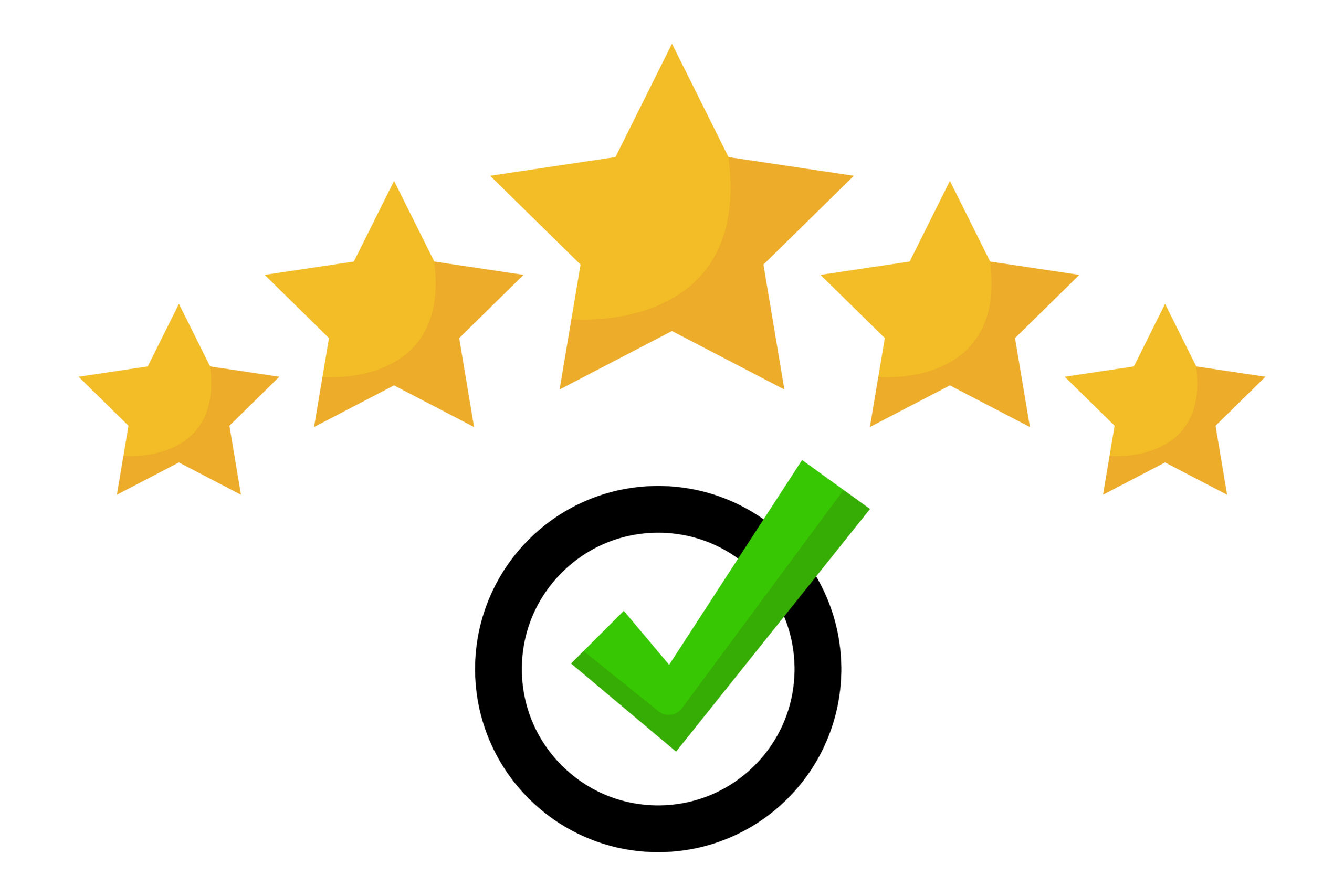In today’s hyper-connected marketplace, where consumers’ trust can make or break a brand, businesses increasingly rely on a reliable review management service to monitor and enhance their online reputation. Whether you’re a small business or a global enterprise, every customer review counts. From influencing purchase decisions to shaping your search engine visibility, reviews are a powerful form of social proof. But as businesses invest time and money into managing their online reviews, the question that naturally arises is — how do you measure the return on that investment?
Understanding the ROI of a review management service isn’t just about counting stars or tracking ratings. It’s about quantifying the tangible and intangible benefits of maintaining a strong online reputation. This blog explores how businesses can effectively evaluate the ROI of review management solutions, understand what metrics matter most, and learn how professional services like Aiplex ORM can drive measurable outcomes in credibility, conversions, and customer loyalty.
Things to Know Before Measuring ROI of Review Management Services
Before diving into metrics and calculations, businesses must understand the foundations of review management. ROI in this context isn’t only financial—it also includes improved brand perception, reduced churn, and enhanced customer engagement. Let’s explore some of the critical aspects that shape review management ROI.
Understanding the Value of Online Reputation
A company’s reputation directly affects its revenue. A strong reputation attracts customers, while a poor one drives them away. Studies show that consumers are more likely to purchase from businesses with positive reviews and are willing to spend more on brands they trust. Therefore, the financial benefit of a good reputation, powered by a robust review management service, becomes significant over time.
Beyond monetary impact, reputation plays a pivotal role in employee morale and partnership opportunities. Businesses with good reviews often find it easier to attract talent and forge collaborations. The perceived trustworthiness from consistent positive feedback enhances overall brand equity—an intangible asset that compounds over time.
The Connection Between Reviews and Customer Trust
Trust is the currency of digital commerce. Online reviews bridge the gap between brand claims and customer experiences. Prospective buyers depend on the authenticity of feedback to validate their decisions. A trusted review management service ensures this process remains transparent and constructive, preventing false reviews or reputation manipulation.
Furthermore, when businesses respond to reviews—positive or negative—they demonstrate accountability. This proactive communication strengthens the bond between company and customer, improving retention rates and advocacy. Over time, these efforts translate into measurable financial and reputational ROI.
How Reviews Impact Search Engine Optimization (SEO)
Online visibility heavily influences ROI. Search engines value user-generated content like reviews, making them a crucial ranking factor. A steady influx of genuine reviews helps local SEO by increasing relevance, authority, and engagement signals. Partnering with a professional review management service ensures that reviews are consistent across multiple platforms, improving your overall search presence.
Additionally, reviews generate keyword-rich content that search engines crawl frequently. This leads to higher discoverability and increased traffic to your business listings or website. As visibility improves, so do conversions—further validating the ROI of structured review management.
Data Analytics and Insights from Reviews
One of the most overlooked advantages of using a review management service is the access to actionable insights. Reviews are not just opinions—they’re valuable data points that reflect customer sentiment. By analyzing these patterns, businesses can identify strengths, weaknesses, and emerging opportunities.
This data-driven approach helps organizations make informed decisions about product development, customer experience, and marketing strategies. When insights from reviews lead to operational improvements, the ROI becomes both quantifiable and strategic, extending far beyond reputation metrics.
The Cost of Ignoring Review Management
Neglecting reviews has financial and reputational consequences. Unmonitored negative feedback can deter potential customers, cause trust erosion, and even impact search rankings. Competitors who invest in review management services can quickly outperform those who don’t, gaining visibility and credibility advantages.
Moreover, crises arising from viral negative reviews or misinformation can be expensive to recover from. Preventive review management reduces these risks, proving its ROI through cost savings in damage control and brand rehabilitation efforts.
Key Metrics to Measure ROI of Review Management Services
Measuring ROI effectively requires identifying the right performance indicators. Let’s explore the most critical metrics businesses should track.
Increase in Review Volume and Quality
An essential indicator of ROI is the volume and sentiment of reviews. A review management service facilitates consistent collection of authentic reviews across multiple platforms, ensuring balanced representation. Over time, an increase in positive reviews directly correlates with enhanced brand perception.
Equally important is review quality. Detailed, genuine feedback is more valuable than generic comments. Higher-quality reviews often reflect deeper customer engagement and satisfaction—both of which strengthen long-term ROI.
Conversion Rate Improvement
Conversion rate is a measurable metric that demonstrates financial ROI. Businesses with strong online reputations typically experience higher click-through rates and conversions. Prospective buyers interpret positive reviews as trust signals, prompting faster decisions.
Through managed responses and curated engagement, a review management service can optimize how potential customers perceive your brand. This improved perception often translates into tangible revenue growth, validating the investment.
Customer Retention and Loyalty
Customer retention is a less direct but highly impactful ROI measure. Responding to customer feedback makes them feel valued, which builds loyalty. Loyal customers spend more and are more likely to advocate for your brand.
A proactive review management service ensures that every voice is heard, resolving issues promptly and turning detractors into promoters. Over time, this cultivates a community of repeat buyers who contribute to sustainable business growth.
Reduced Negative Sentiment and Brand Recovery
Negative reviews are inevitable—but how businesses handle them determines long-term impact. By swiftly addressing complaints through a professional review management service, companies can mitigate potential crises and prevent loss of trust.
When sentiment analysis shows a consistent reduction in negative mentions, it indicates improved service quality and reputation management efficiency. These metrics reflect the indirect yet crucial ROI of maintaining brand integrity.
Revenue Growth and Cost Efficiency
Ultimately, ROI measurement circles back to revenue and cost balance. Businesses with better reputations attract more customers without spending excessively on paid marketing. Positive reviews enhance organic reach and lower acquisition costs.
Partnering with a reliable review management service like Aiplex ORM helps automate collection, monitoring, and response—reducing manual efforts and operational expenses. The resulting cost savings contribute to ROI just as much as revenue growth does.
How to Calculate ROI for Review Management Services
While qualitative metrics are important, quantitative ROI provides concrete evidence of value. Here’s how to approach the calculation process.
Define the Investment and Objectives
Start by identifying total investment—this includes subscription fees, tools, manpower, and time. Align it with specific objectives like increasing reviews, improving ratings, or boosting conversions. A review management service should have measurable goals to benchmark progress.
Once goals are defined, businesses can allocate KPIs (Key Performance Indicators) to track success. For instance, tracking the percentage increase in 4-5 star reviews or measuring traffic to review pages offers tangible data for ROI assessment.
Track Conversion Impact from Reviews
The next step is correlating reviews with conversions. Businesses can analyze customer journeys to identify how reviews influence purchase decisions. Tools integrated with a review management service often track conversion funnels from search discovery to final transaction.
If a review-related improvement drives a 10% sales increase with minimal marketing expense, the ROI becomes evident. Conversion uplift is one of the clearest reflections of review management effectiveness.
Estimate Long-Term Brand Value
Some ROI elements accumulate gradually. Enhanced brand trust and customer loyalty compound over time. To estimate this, businesses can measure Net Promoter Scores (NPS) and customer lifetime value (CLV) pre- and post-implementation of a review management service.
While these metrics may not show immediate spikes, they demonstrate sustained profitability and brand stability. For long-term growth strategies, these indicators provide deeper insights than short-term sales figures.
Evaluate Cost Savings from Reputation Control
Preventing PR crises or mitigating negative publicity can save businesses thousands in recovery costs. With consistent monitoring, a review management service identifies potential issues before they escalate.
Calculate ROI by comparing the potential cost of unmanaged reputation risks against the service expense. The difference often highlights significant returns achieved through proactive management.
Continuous Monitoring and Reporting
ROI measurement isn’t a one-time process—it’s continuous. Regular reporting helps businesses identify which strategies yield the best results. A data-driven review management service like Aiplex ORM provides dashboards for ongoing monitoring and adjustments.
These insights allow decision-makers to refine review solicitation, response strategies, and engagement efforts. The consistency of improvement across key metrics indicates sustainable ROI and overall reputation health.
Why Choose Aiplex ORM for Review Management
Choosing Aiplex ORM means partnering with a globally recognized leader in online reputation and review management. The company’s comprehensive suite of tools and analytics-driven strategies ensure measurable improvements in visibility, trust, and engagement.
Aiplex ORM’s review management service focuses on automation, authenticity, and analytics. By leveraging AI-powered sentiment analysis, multi-platform monitoring, and strategic response systems, businesses can seamlessly maintain brand credibility. The service doesn’t just collect reviews—it transforms them into actionable insights that drive ROI.
Additionally, Aiplex ORM integrates seamlessly with existing CRM systems, enabling streamlined workflows. The expert team provides personalized guidance for businesses across industries, ensuring that every interaction aligns with the brand’s values. This tailored approach guarantees long-term reputation enhancement and revenue impact.
Conclusion
Measuring the ROI of a review management service requires more than just financial calculations—it’s about understanding the cumulative value of trust, visibility, and customer loyalty. From improved SEO and conversion rates to proactive brand protection, review management delivers returns that extend across the entire customer lifecycle.
Aiplex ORM empowers businesses to not only monitor and manage their online presence but to transform it into a competitive advantage. By integrating review insights into broader marketing and operational strategies, companies can achieve measurable growth and sustainability. If you’re ready to quantify and maximize the impact of your online reputation, partner with Aiplex ORM today and experience how effective review management transforms perception into profit.








